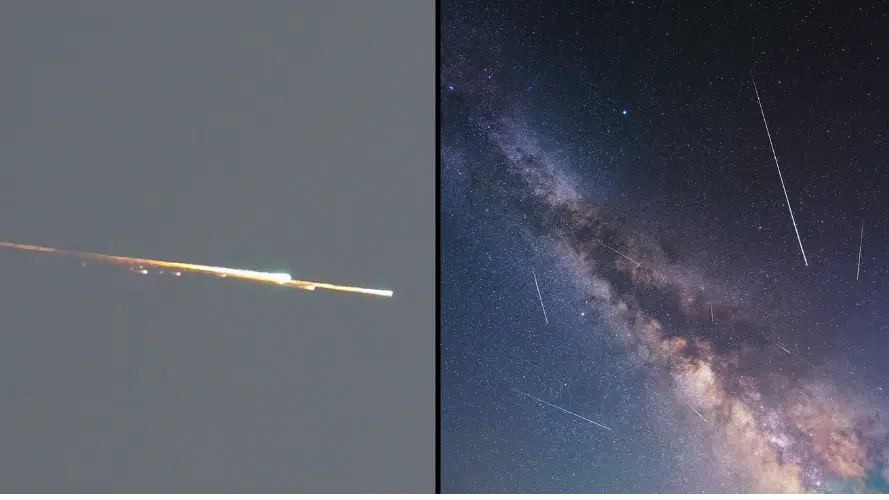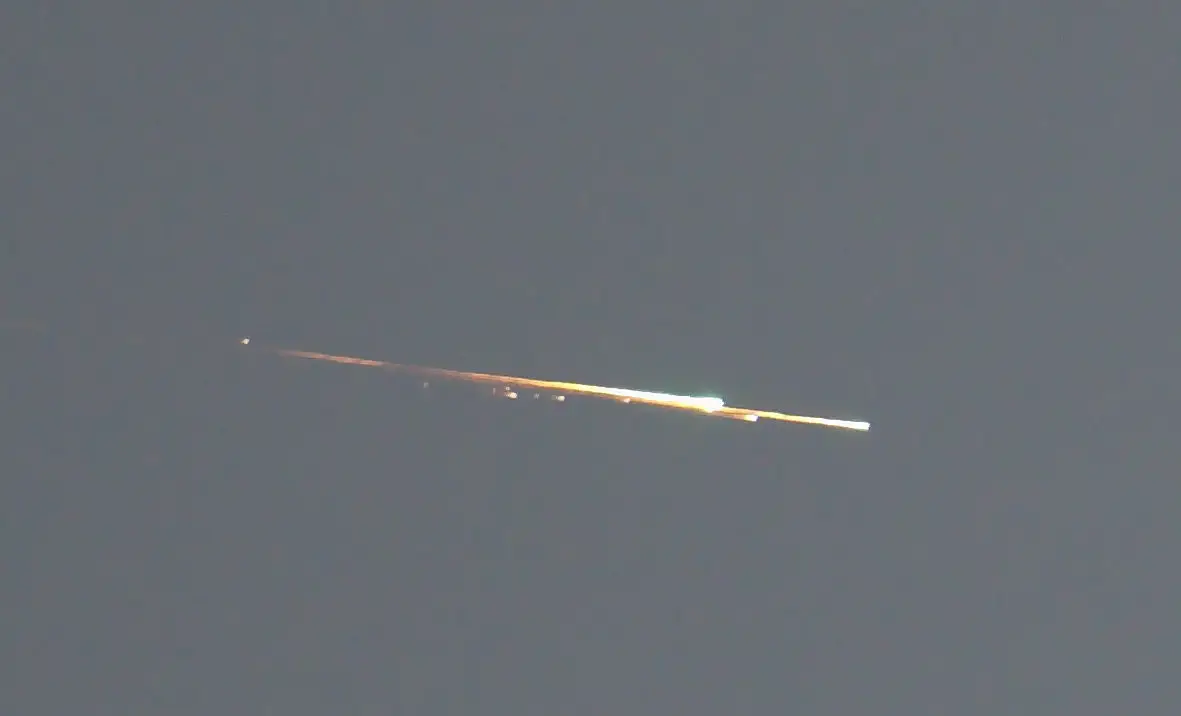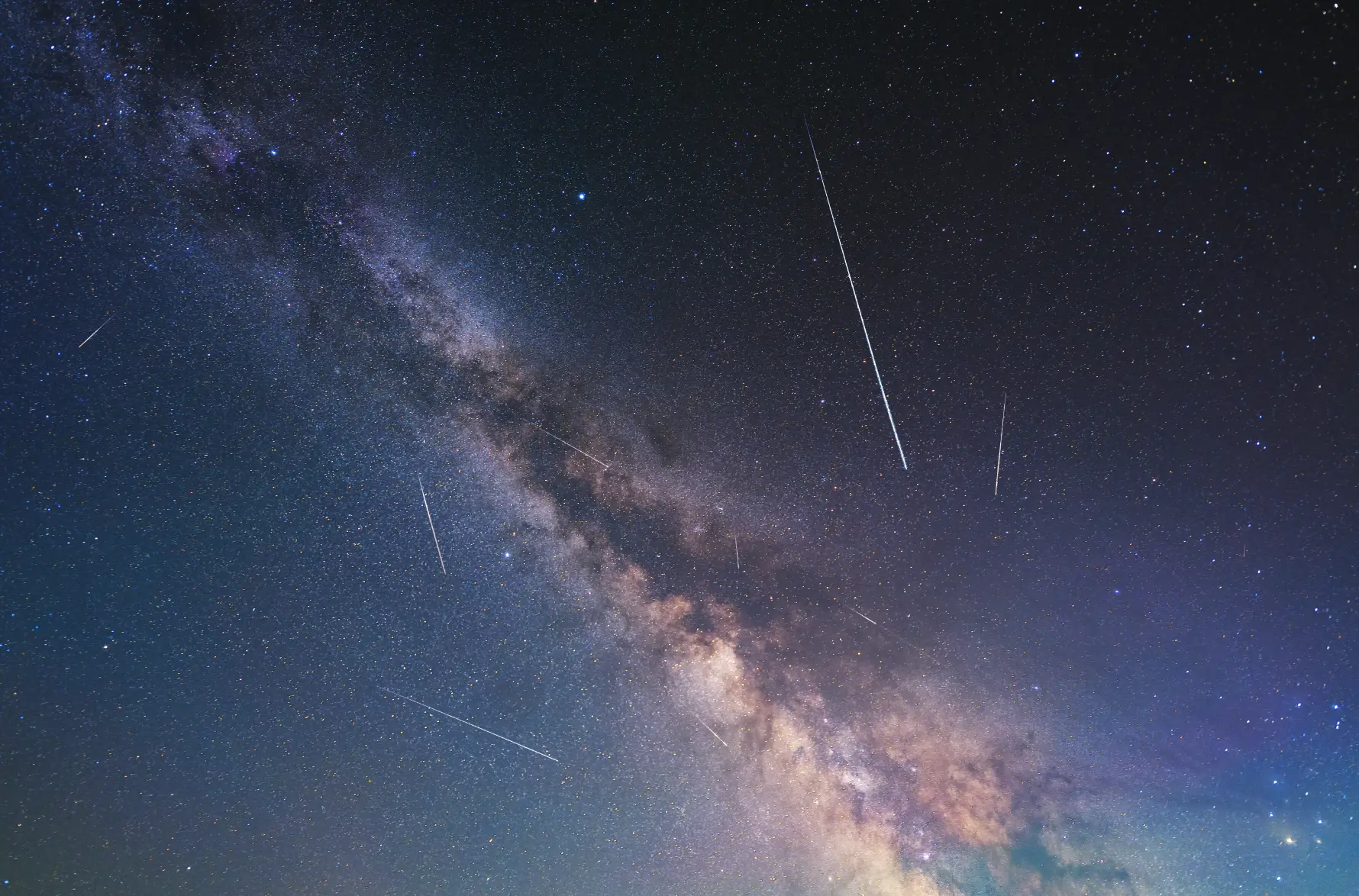
Stargazers could be in for a treat tonight as an epic meteor shower is set to light up the night skies.
The Ursid Meteor is an annual event that takes place during December and this year, it’s set to reach its peak today and tomorrow (22 and 23 December).
The Royal Museums Greenwich said: “Ursids meteors appear to radiate from near the star Beta Ursae Minoris (Kochab) in the constellation Ursa Minor.
Advert
“However, the actual source of the shooting stars is a stream of debris left behind by comet 8P/Tuttle. Meteors are debris that enters our planet’s atmosphere at speeds of up to 70 kilometres per second, vaporising and causing the streaks of light we call meteors.”
At their peak, the Ursids usually produce around 10 meteors per hour, which is much less than some other meteor showers.
However, they’re one of the easiest to catch a glimpse of as their timing coincides with the winter solstice, meaning stargazers will have the maximum hours of darkness to watch them.

Anna Gammon-Ross, senior planetarium astronomer at the Royal Observatory Greenwich told the Daily Mail: “Although this may not be the most impressive shower in terms of numbers of meteors, it is a great one to look for as the radiant point in Ursa Minor is always high in the North of the sky – this constellation never sets.”
And if you fancy trying to get a look yourself, then Doctor Greg Brown, an astronomer at the Royal Observatory Greenwich has some advice.
He told the Press Association: “The Ursids meteor shower is a fairly minor display occurring in late December. With at best around 10 meteors per hour in ideal conditions, many observers won’t see more than a few meteors even around the peak.

“However, if you want to try and see this shower for yourself the usual tips apply.
“Try and find a place with a low horizon to grant yourself the best view of the sky, and wait for the early hours of the morning when the shower will be at its best.
“Fill your view with as much of the sky as possible (a deckchair can be a real help here) and wait.
“Eventually, you’ll see the bright streaks of light that are due to the Earth smashing into a trail of dust left behind the Comet 8P/Tuttle.
“But most importantly of all for this mid-winter display, don’t forget to wrap up warm.”